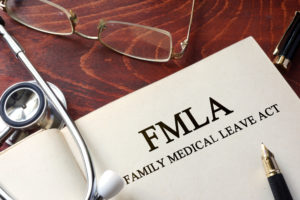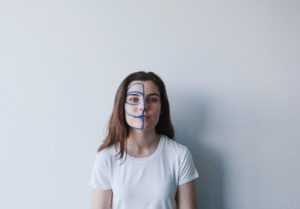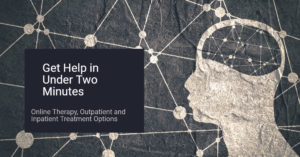What is Dual Diagnosis Treatment?
Treatment for dual diagnosis is a relatively new approach for those people who receive a “dual diagnosis.” Dual means “two separate disorders” that may be occurring at the same time. This treatment is meant to treat “dual diagnosis,” which is also called “co-occurring disorders” according to the webpage: “Substance Abuse and Mental Health Services Administration” (SAMHSA).
What Disorders Qualify for Dual Diagnosis Treatment?
Dual diagnosis treatment focuses on treating disorders that are co-occurring from two different categories. These include mental disorders and substance abuse disorders. However, other addiction disorders such as gaming or gambling disorders are also considered (for dual diagnosis treatment plans): as one of the two “dual” disorders, along with one of the mental health disorders.
What Happened Before Dual Diagnosis Treatments were Available?
Some parents wouldn’t understand if their loved ones suffered from mental illness and so they’d treat them. “Tough love” was the order of the day. So, many parents started thinking their children needed “tough love”—even kicking them out onto the streets. Because they didn’t know the best way to deal with mental illness at the time, many people believed the best solution was ostracized. Many of these children who were kicked to the streets, young or adult, ended up homeless or in jail. Worse, some even ended up dead. Maybe if these children had received proper dual diagnosis treatments, they could’ve turned their lives around. That’s why it’s important to get an expert’s opinion to find out what is going on.
It is sad that even close family members couldn’t comprehend that there was a hidden disorder. If they couldn’t figure it out, how could anyone else understand that dual diagnosis treatment is necessary? Since people tended to label others as “just a drug addict” or “just mentally ill,” it’s no wonder that it took so many years for the experts to realize there might be two co-occurring disorders. Then people started to realize that drug addicts or mental patients, could also be suffering from another “co-occurring disorder” which is why substance abuse treatment or mental health treatment, by themselves, would not work. So, it finally dawned on people that dual diagnosis treatment would help people suffering from co-occurring disorders.
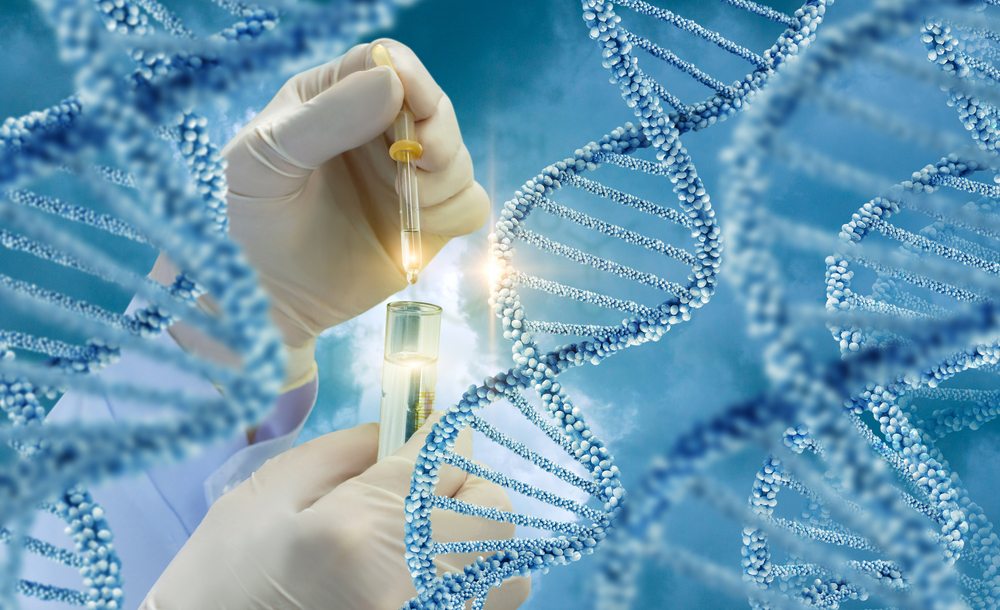
A Multi-Faceted Approach
In the past, before dual diagnosis treatment was available, people could often only get help for just one condition at a time. Usually, people would receive treatment exclusively for the disease was screaming the loudest—ignoring any other problems. Only after the professionals proclaimed the first disorder was cured or manageable, would they start working on the mental condition or vice versa. Sadly, this approach did not work very well.
Say when people were in the middle of psychotic episodes or wild mood swings. One minute a person could be swinging from the chandeliers—the next minute hiding under a rock. To be honest, it was probably difficult to tell if they were hallucinating from a mental disorder—or just ‘the drugs they were talking’. Too bad they didn’t have dual diagnosis treatment plans, back in the “old days”, before the 1990’s.
How Are We Supposed to Know if Dual Diagnosis Treatment is Necessary?
How can one know if dual diagnosis treatment without a trained expert’s diagnosis? To the casual observer, it may simply appear that the person is only a drug addict. Yet the person may have a mental problem that is covered up by drug or alcohol abuse. Also, many people hide their disorders so well, that even close family members and friends can’t tell if their loved ones are suffering from a mental illness (such as depression) or from substance abuse—or both! Additionally, if a person is truly suffering from two, co-occurring disorders, that person may need to get dual diagnosis treatment.
Can Only Trained Experts Recommend a Dual Diagnosis Treatment?
It takes years of experience for trained professionals to learn how to identify dual disorders. Plus, it takes objective experts to correctly prescribe dual diagnosis treatment plans. Just imagine a frantic family member who is ready to try any solution (wrong or right) that might solve a problem that’s been going on for years. That person might not have all of their facts straight! So, it is best that trained professionals do not rely on the “tragic stories” their friends and family tell them.
These days, therapists will usually start working on both the mental and substance abuse disorders, at the same time (and develop a dual diagnosis treatment plan). They will focus on both co-occurring disorders unless one of the disorders calls for emergency treatment. Say that suicidal tendencies or obsessive behavior (OCD) is flaring up—then the mental disorder will need priority. On the other hand, if the patient is overdosing, then it is obvious that the patient needs to detox. Usually, both types of patients require hospitalization and constant supervision.

Dual Diagnosis Treatments—Why Treat Both Disorders at Once?
When a person endures a dual diagnosis, it can seem tough to treat both mental condition and an alcohol or drug addiction at the same time. How can one handle both at once without losing control, altogether? One problem is challenging enough! So, it is vital to find the right places or drug rehabs that know how to deal with dual diagnosis—not those regular rehabs that only handle the addiction problem—or vice versa. This is why it is important to seek dual diagnosis therapy for both the addiction and the disorder.
As the link between mental illness and substance abuse disorder connect more now than ever, in fact, many quality professional treatment centers for drug abuse are now more familiar with mental health treatment. It’s still growing, but it’s made much progress in the past several years in relating drugs and mental illness as common related issues.
What are the Dual Disorders that need Dual Diagnosis Treatment?
The following Dual Disorders’ mental disorders are most frequently associated with addiction:
- PTSD (Post Traumatic Stress Disorder)
- OCD (Obsessive Compulsive Disorder) and other Anxiety Disorders
- Schizophrenia
- Personality Disorders
- Depression, Anxiety, Personality Disorders (such as narcissist), etc.
So, let’s say that you’ve been diagnosed with one of the following addiction disorders such as gambling, gaming, sex, alcohol, or drug abuse. And then you’ve also been diagnosed with a co-occurring disorder such as a “Generalized Anxiety Disorder”, OCD, Schizophrenia, Depression, Bipolar Disorder, Behavioral Health, or other Personality Disorder. This means that you would most likely qualify for a “Dual Diagnosis Treatment”—even though you may have known that you probably had one of the substance use disorders—possibly for years.
Dual Diagnosis: How Does Dual Diagnosis Treatment Work?
How does anyone recover from a dual diagnosis? Well, one way would be to go to a rehab center that specialized in dual diagnosis treatment. It is vital, that you’re treated for your substance abuse and any mental illness problems, side-by-side, in order to obtain long-term recovery. However, if your mental condition is too severe, then you may require hospitalization. Perhaps you prefer care in a residential facility, where professionals are there to give you the proper treatment. Then, when the time is right, they will start to help you deal with your addiction issues.
Getting Help By Treating The Full Person
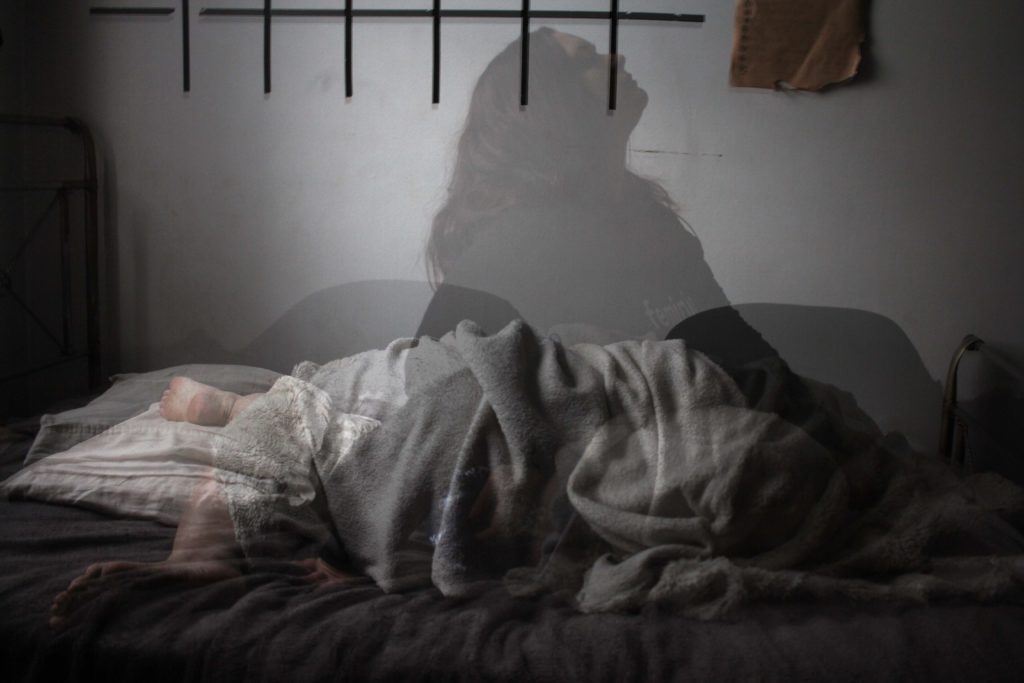
Why is it vital that you’re able to manage your mental health conditions, right alongside your biggest addiction treatment issues? When your body is in poor physical condition, it has to affect your mind and zest for living. If you’re feeling lost, you are more likely to abuse drugs or alcohol to try and feel better. That’s why if you don’t take care of both problems then you might relapse into the same old patterns. And, it will make it more challenging to make a full recovery.
Can Dual Diagnosis Treatment Work?
There is no simple answer to this question. It is obviously easier to treat one condition such as drug addiction or a single mental condition than two at once (dual diagnosis). It is definitely more challenging to figure out what dual diagnosis treatment will work best, than if dealing with a single issue.
However, don’t lose hope! There are many rehab centers that have treatment programs that know how to deliver dual diagnosis treatments, more successfully, than ever before! And, we know the best rehabilitation centers, which offer the latest dual diagnosis treatments.
We Can Help You
We will only recommend the treatment centers that specialize in providing dual diagnosis treatments. And, we will only recommend those rehab centers, which have the highest-ranking results for most issues—whether they are single or even dual diagnoses. We will make sure there are psychiatrists on hand, among other professional staff members who know how to simultaneously deal with both issues: substance abuse along with one or more mental issues (or co-occurring disorders).
Is there any way to increase the chances of a long-term recovery after dual diagnosis treatment?
Yes, there are ways to increase successful recovery, most importantly if you plan ahead. Frequently going to a “12-step” or another support group(s) after finishing your stay in a rehab facility will definitely improve your chances! Make sure that you see your therapists or counselors on a regular basis, too. This is especially true whenever you think you may be backsliding into old patterns or self-defeating thoughts.
We cannot guarantee it will be easy! Do you have to hit rock bottom with hardly any chance of recovery? Or, do you want to start dual diagnosis treatments, now, before it’s too late? I cannot guarantee it will be simple—or even very comfortable! However, you need to take the first step, or one day it will be too late. If you are reading this message, then it is probably time to call someone.

